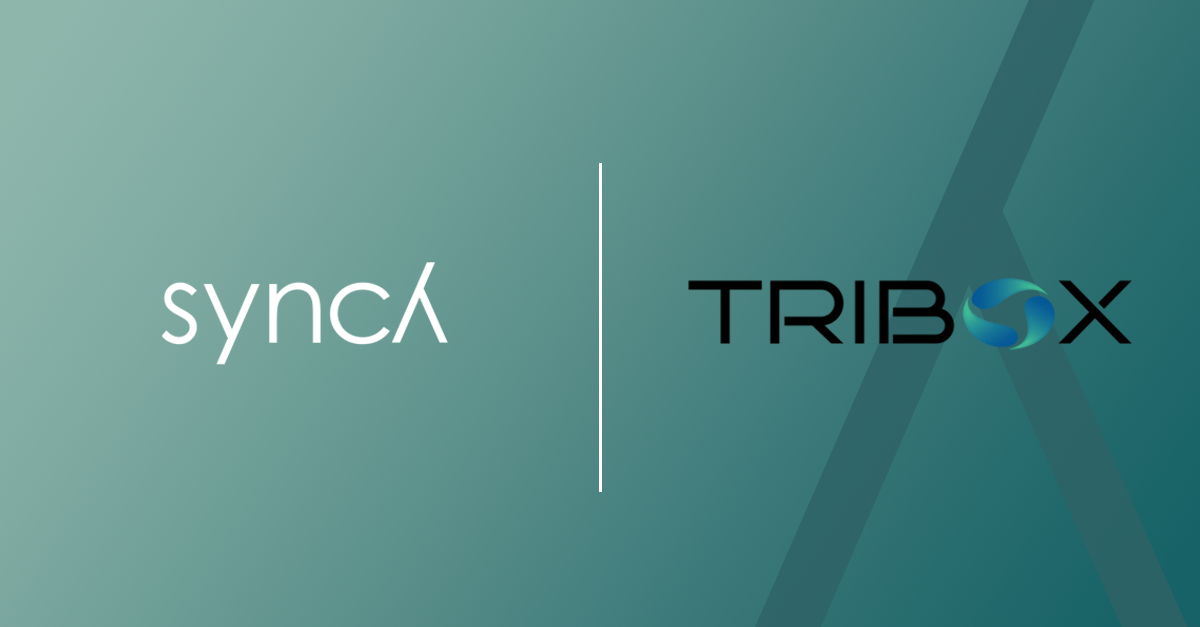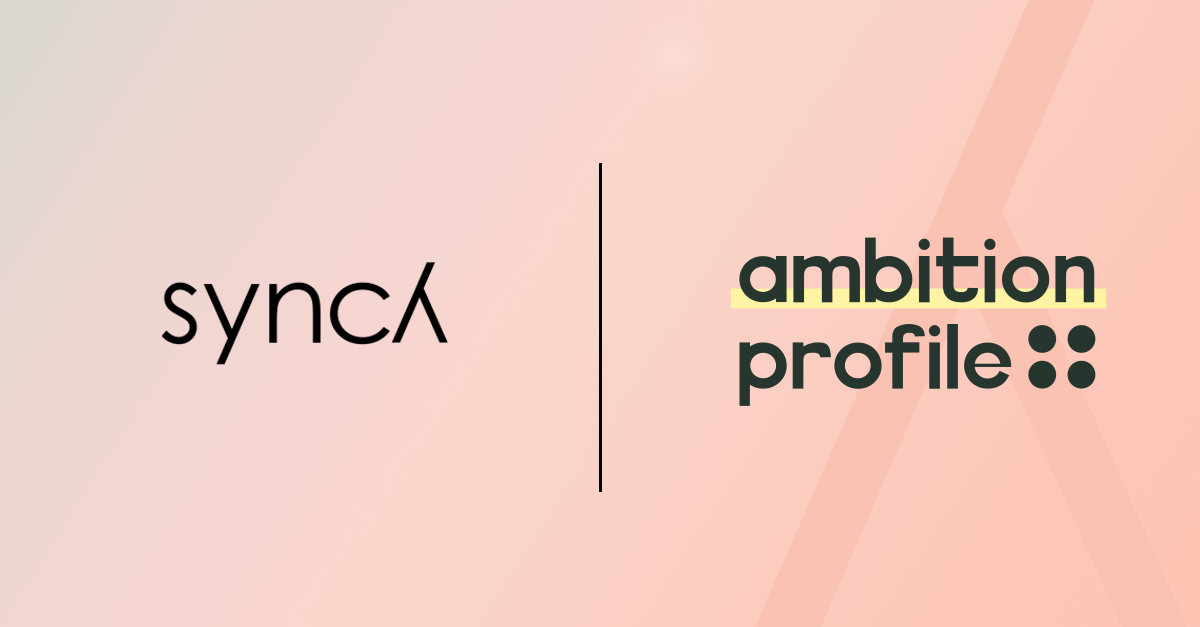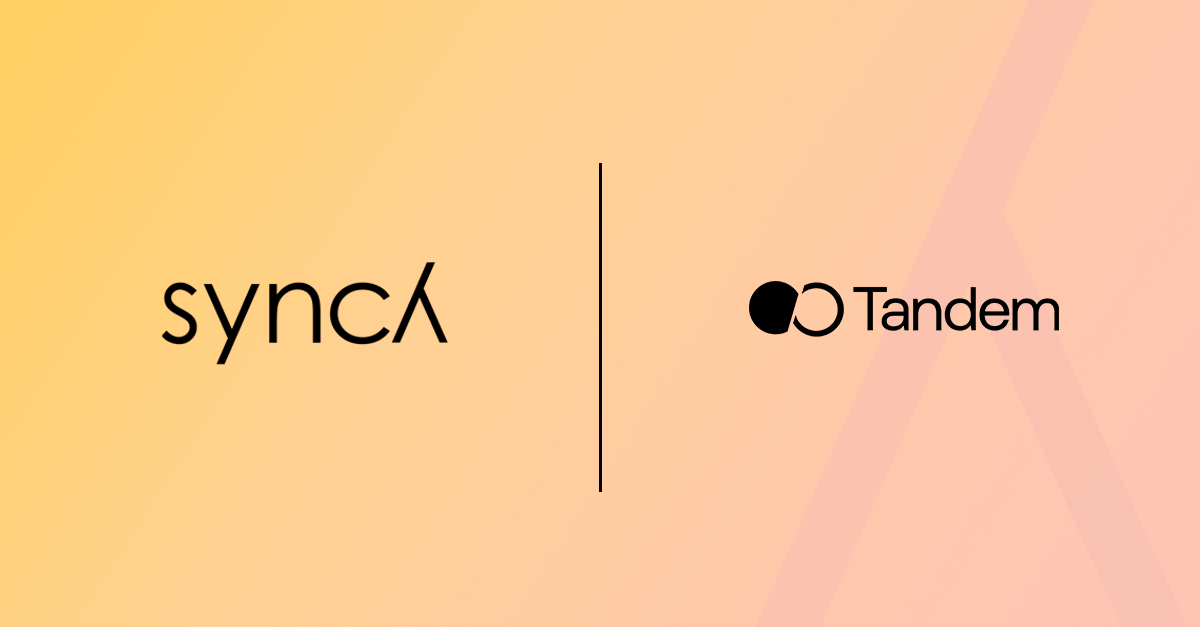More and more people are familiar with the term “blockchain” however not everyone would claim that they get it or be sure what it is supposed to be used for. Blockchain – this amazing and somewhat mystical invention – is generating a gigantic measure of interest in the innovation field among both startups, cryptocurrency enthusiasts, governments, the security industry, the art field and more. It is anticipated to turn some industries completely over, during the next coming years. Countless potential applications have been developed, some of which are now beginning to be industrialised and implemented on the market. To shed some light on blockchain, cryptocurrency and Non-Fungible Tokens (NFT), I intend to produce a series of four articles with specific focus on the legal aspects and challenges of these fairly new phenomena, starting with blockchain. What is blockchain? First, the basics! A blockchain is:
- a computerized ledger that is
- distributed across an organization of servers (for example a decentralized organization)
- containing an expanding number (infinite) of information records that are
- ensured by cryptography; and, in this way, and
- generally secured against human mistake, altering, expulsion and amendment.
Each block contains subtleties of an exchange and is time-stamped and connected with specific information that joins it to the past block in the chain. Where another transaction happens, it is confirmed across the network by clients known as “miners” (utilizing certain IT equipment) prior to being recorded as a new block and being made accessible to be verified by different individuals participating in the blockchain. Some central issues Blockchain can best be portrayed as an advanced stage or data set for safely storing data and recording exchanges. Be that as it may, there are some central issues to know about:
- There is no single or conclusive blockchain. Indeed, there can be an infinite measure of blockchains and anybody with the vital coding abilities can make one.
- Blockchains can be either public or private. A public is for instance where the blockchain is being utilized for exchanging shares. A private blockchain is for instance a nation's blockchain that stores title records of properties. This solution has been developed by the Swedish Lantmäteriet but is currently on hold due to legal challenges.
- The nature of a blockchain being private or public will, as the name proposes, be decisive for who may place data on that blockchain.
- Furthermore, blockchains can be:
- Permissionless/public, which permit anybody to contribute information to anybody having an indistinguishable duplicate of the record; or
- permissioned or private, which permit just determined actors (for example banks, endorsed people and so on) to submit changes or potentially approve them across the organization. This accommodation and approval process is accomplished through a control layer incorporated into the record.
Smart contracts
One of the terms that unavoidably comes up with regards to lawful issues and blockchain is “smart contracts”. There is no generally determined and acknowledged meaning of a smart contract, but basically they are coded directions that self-perform when certain criteria are met.
The pertinent server code is transferred to a record, instead of more essential aloof information passages. A basic model may be a simple empowered protection strategy that consequently pays out to a policyholder in the event of a safeguarded occasion. Smart contracts frequently use blockchain to record and execute exchanges.
Legal issues related to blockchain
As with any innovation, blockchain brings about some fascinating – and sometimes altogether new – legal difficulties. Organizations must know these issues, so they can be addressed and figured out how to guarantee that the innovation is conveyed in a consistent way. Central issues that organizations should consider include:
Legal and smart contracts
Will it be feasible to catch every one of the components of a ‘conventional’ contract in a bunch of coded directions? How might coders catch ideas and rules that require a level of subjectivity or judgment dependent upon the situation? What about catching a non-comprehensive rundown of conditions, for example, force majeure occasions? And what about hacking?
Regardless of whether it is conceivable, how might smart contracts adapt to occasions that happen outside their hidden code i.e. in the “real” world? If for instance, conditions emerge that would make an agreement irrelevant or illicit or even in opposition to general sound business judgment, is it conceivable to design that into the code of the smart contract, so it doesn’t naturally execute itself under those conditions?
Information
Any blockchain that holds individual information should comply with relevant information laws. The distributed idea of blockchain could cause a problem here. Which information assurance laws will apply? Truly, there might be a need to follow the laws of various regions (which could, in theory, be every single jurisdiction in the world) corresponding to individual information attached to the relevant blockchain. And who owns the information? Is it everyone on the blockchain? Or the person submitting the information?
Information is global by its nature. Which components will be set up to guarantee that any cross-line moves of information are consistent? In Europe, this could incorporate carrying out EU Model Clauses or beneficiaries joining the EU-US Privacy Shield, for instance.
The GDPR has formalized a commitment on information processors to pseudonymise information and a right for information subjects to demand deletion of their own information (“right to be forgotten”). While pseudonymisation will in general go inseparably with information placed on a blockchain, the right to be forgotten presents to a greater extent a test considering that records on a blockchain cannot be changed.
Obviously, making immense information vaults on a blockchain leads to the potential for security breaches. Blockchain administrators should approach network protection to stay away from expected administrative activity and reputational harm.
The legislators
Most legislators and regulators are adopting a tentative strategy to blockchain. While on one hand this strategy tends not to smother advancement and permits regulators to see how the innovation is utilized prior to making any move, it creates uncertainty for organizations or blockchain trend-setters.
As with any turn of events, lawful issues will be settled in accordance with existing laws, regulations, standards and guidance. In any case, as you probably know laws can rapidly become outdated, so it is practically unavoidable that laws should be adapted, or that completely new laws should be adopted, to provide food for blockchain.
As indicated above, records on a blockchain are expected to be immutable. It is therefore not yet clear how a blockchain framework will adapt to changes of the law. For instance, where blockchain holds individual information in a way that consents to the law at a specific date, but the law accordingly changes, how might the records be revised to agree with the new principles?
Liability and responsibility
What is the legitimate status of a totally blockchain-empowered association (DAO or Distributed Autonomous Organisation), which works through pre-programmed smart contracts, without human contribution? Does it have its own legal personality?
If no business entity has been incorporated to ‘have’ a DAO, would the blockchain administrators and additional participants have limitless obligation (on the premise that the DAO can be categorized as one of the current classifications of unincorporated business types, for example an overall organization)?
Without certainty about the idea of a DAO, how might proprietorship be decided? Could a commitment of cryptographic money be a proprietorship stake similarly as offers? It is significant that most guarantors of cryptographic forms of money do not connect possession privileges to their tokens.
Likewise, how might DAOs contract with outsiders if they have no legitimate character? This could be settled by having the DAO ‘individuals’ contracting in their own name or, almost certain, setting up a devoted business substance to work the framework and manage clients and providers.
Who will be liable for defects in a blockchain framework/DAO? Would it be the ‘directors’ of the DAO or, maybe, if abandons emerges because of how the hidden code was composed, it would be the coder?
As of today these inquiries stay unanswered and the lawful scene will evolve over the long run.
Litigation and disputes
Participants in a blockchain framework will be ‘conveyed’ and are usually spread all over the planet. How might the gatherings figure out which laws apply, and which discussion ought to be utilized to determine questions? What happens where those laws struggle?
Will current litigation instruments be adequate to resolve blockchain disputes? Innovation questions are normal, and the current court framework can cater for them, yet it might set aside some effort for judges to foster their aptitude in this field of expertise. There have been a few ideas of ‘decentralized’ litigation, by which individuals from the blockchain field successfully vote on the issues being referred to. While these problems are somewhat isolated, it is unquestionably a space to watch.
Over the long run, we might see blockchain-based specialist organizations expecting clients to join to administering law and locale similarly concerning sites, for example through terms of use. Because of a private blockchain, clients could be required to accept explicit terms of administration or a Master Services Agreement prior to being allowed admittance to the blockchain arrangement being referred to. Could we create a specialised blockchain litigation institute?
How might blockchain-empowered resources, like Bitcoin, be recovered in case they are taken? There are various legitimate hypotheses that might help, for example claims for unreasonable improvement, yet none has yet been tried in court. At the point when that occurs, some central issues will require resolution, specifically whether such resources comprise ‘property’ fit for being ‘claimed’.
Blockchain practically speaking
The potential user cases for blockchain are immense and wide, coming across numerous areas and businesses. While there are many proven benefits (such as diminished exchange handling times and cost for monetary organizations and the reduction/removal of intermediaries), there are some critical obstacles, including the legitimate difficulties as clearly illustrated above.
There are likewise some down to earth negative aspects. For instance, it is costly, increasingly ineffective for every member in an organization to hold a duplicate of all information. Organizations should consider cautiously whether blockchain will add adequate value to offset those expenses and energy consumption.
Besides, a blockchain is additionally just as great as the information that is added. For instance, if an exchange isn’t posted, or is posted mistakenly the worth of that chain is destabilized or altogether lost. Members will, consequently, need to give thought to how they ought to communicate with blockchain, and how they will permit others to do so.
All things considered, as the utilization and execution of blockchain turns out to be more inescapable, organizations should have the option to react to expanded client interest for more proficient and secure assistance conveyance strategies and blockchain may offer an appealing answer for these issues.
Glossary
Bitcoin – a finite digital currency created and held in purely electronic form. As with most modern currencies, it has a fluctuating exchange rate
Blockchain – in a narrow sense, the database of every bitcoin transaction ever made. More loosely, the term is used to describe the style of database, which sees information stored in a series of “blocks” and “chained” together. Copies of the database, or ‘ledger’ are stored on a number of servers in a decentralised fashion
Decentralised Autonomous Organisation or DAO – a digital entity which, once pre-coded to function in a certain way, operates with minimal or no human input
Disintermediation – the process of reducing the use of or need for intermediaries. In this context, refers to the reduced need for trusted third party intermediaries to validate and facilitate transactions, especially in the finance industry
Distributed ledger technology (DLT) – see “blockchain” above. The broader use of the term blockchain. Blockchain is one example of distributed ledger technology, although the terms are often used interchangeably
Smart contract – coded instructions which execute on the occurrence of an unequivocal event.
By Johan Ragnar










